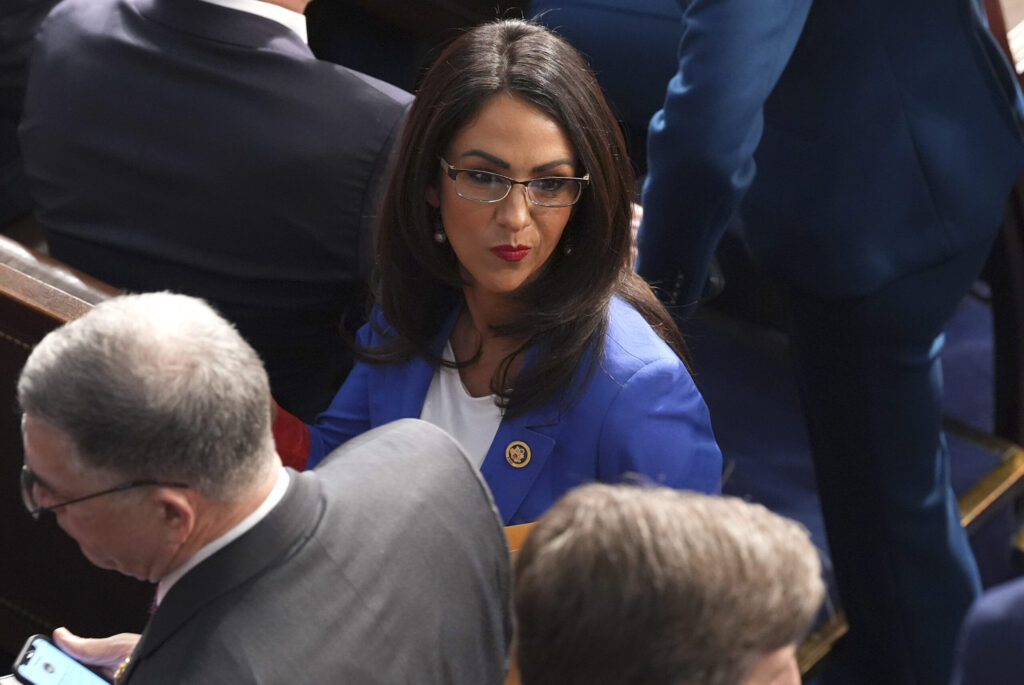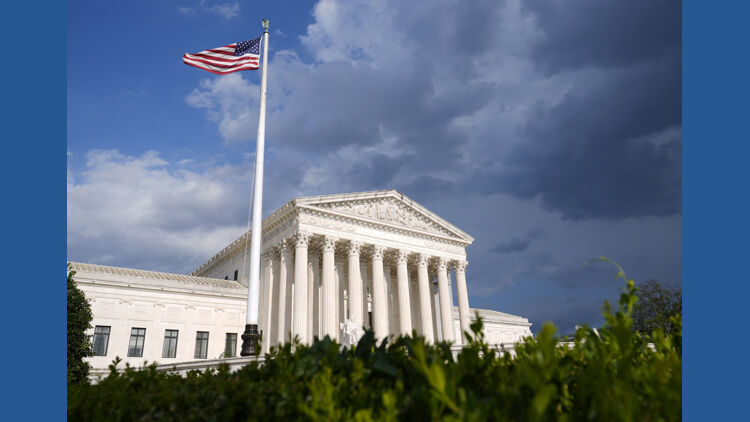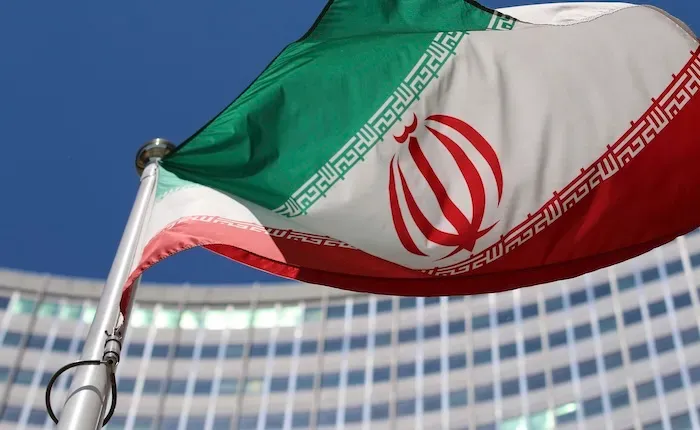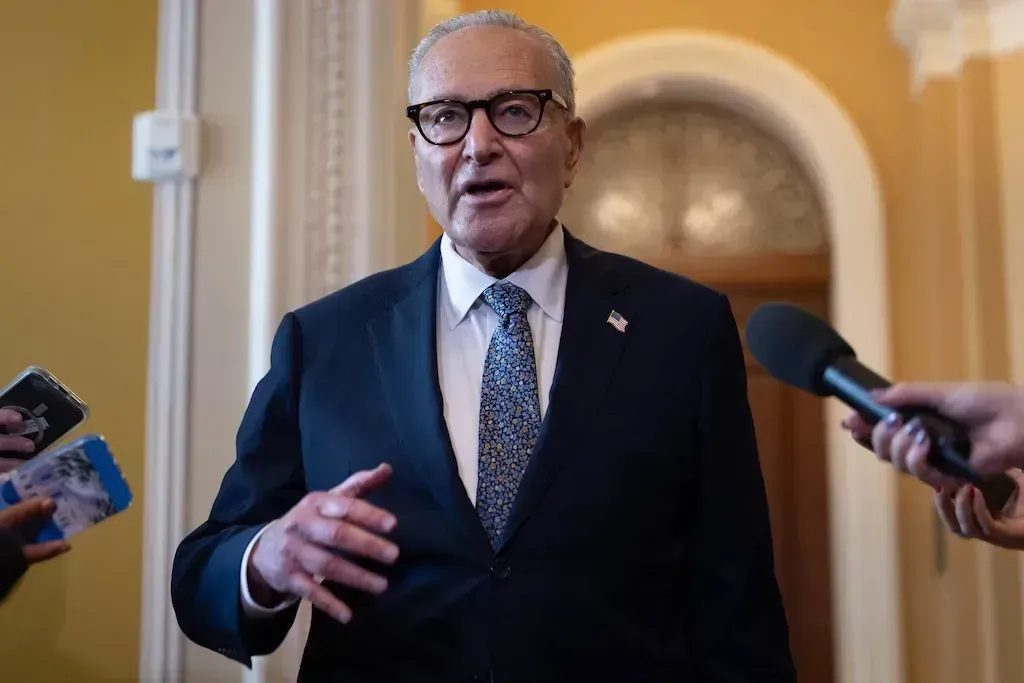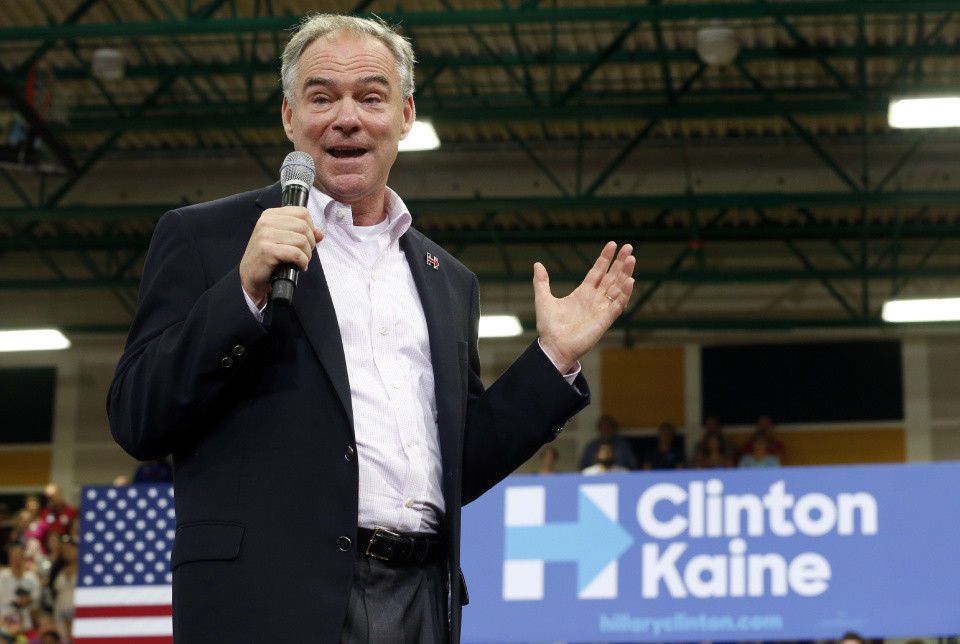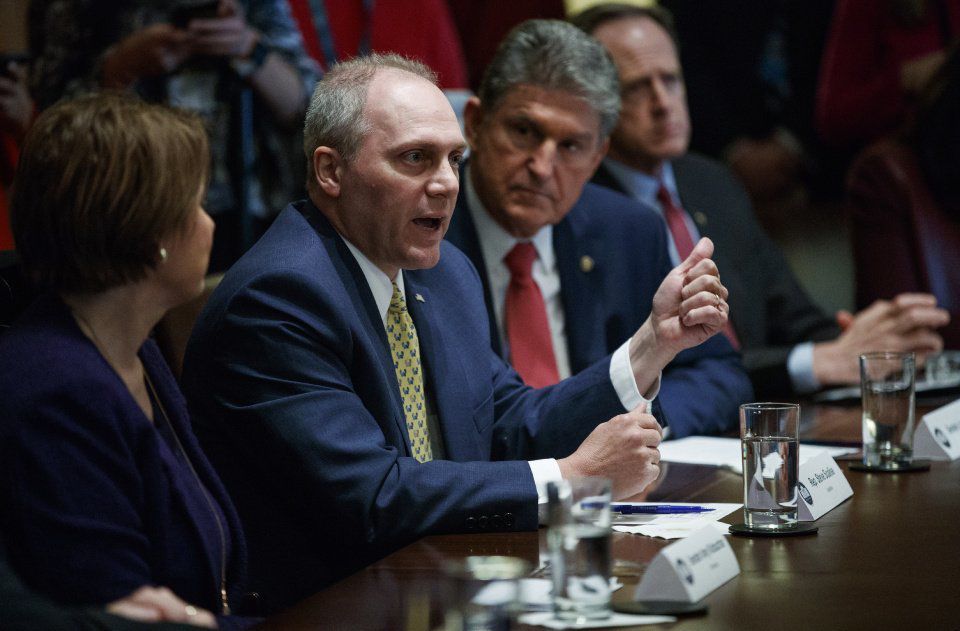Denver aims to end homelessness among veterans by year’s end
Atop his numerous promises this year, Denver Mayor Mike Johnston added another one — end homelessness among veterans.
Denver officials said 52 veterans are homeless in the city and they plan to house all of them by the end of the year.
It would make Denver the first large city in the nation to do so, according to Johnston.
Actually, Denver won’t be the first major U.S. city or region to declare that it has eradicated homelessness among veterans, assuming Colorado’s most populous city, indeed, achieves that goal by the end of 2024. Last month, officials in Dallas declared the “effective end to veteran homelessness.” Officials there even identified the day it happened — May 22.
And in 2015, New York City officials cited the federal government as saying the city had ended “chronic veteran homelessness.”
Denver’s announcement follows multiple state housing agencies receiving almost $600,000 in housing vouchers from the U.S. Department of Housing and Urban Development and the U.S. Department of Veterans Affairs under the “HUD-VASH” program.
Nationwide, 66 agencies received a total of $14 million for 1,400 housing vouchers.
Veterans represent almost 9% of the state’s entire homeless population and tend to be overrepresented as a group, according to the Colorado Coalition for the Homeless. And of that number, more than half have some form of mental or physical disability, the group said.
At a temporary homeless shelter set up in the Denver Coliseum, multiple homeless people interviewed by The Denver Gazette were veterans.
During a press conference held at Denver’s York Street VA Clinic, Johnston said the city is aiming for a condition called “functional zero,” in which more veterans exiting shelters get into housing than end up on the streets each month.
“The first step to ending unsheltered homelessness for everyone is ending unsheltered homelessness for veterans and we knew that was the first step,” Johnston said. “We thought it might take years.”
“We’re delighted that before the end of this year, we will be able to put an end to unsheltered veterans’ homelessness here in Denver,” he said.
Homelessness, violence and illegal immigration are consistently the top issues for Denver voters.
The campaign to house the city’s homeless people — and specifically veterans — is occurring as the Johnston administration anticipates spending $90 million in its response to the illegal immigration crisis.
Early in that crisis, officials in Denver decided that local taxpayers would shoulder the cost to temporarily house, feed and transport tens of thousands of the immigrants, who traveled to Denver after crossing the U.S.-Mexico border illegally.
As of Monday morning, 42,137 immigrants — mostly from South and Central America, specifically Venezuela — have arrived in Denver after crossing the southern border illegally since December 2022.
Recently, the city has decided to double down on policies that offer free shelter and food to immigrants, which officials in west Texas say have been the primary draw to Colorado’s most populous city. Under the program, immigrants will receive, at taxpayers’ expense, six months of rental, food and utility assistance, a computer, a prepaid cell phone and metro bus passes.
Johnston credited “All in Mile High” — the name for his homeless strategy — for making it easier for the city to identify homeless veterans and connect them with housing resources and other support services. Last year, Johnston’s campaign to move a thousand homeless people off of the city’s streets cost $45 million.
This year, Johnston plans to move a thousand more into shelters at a cost of another $50 million, which would bring the total spending to nearly $100 million.
In the last few weeks, both the Johnston administration and the City Council have signaled a shift in strategy toward permanent housing, as opposed to simply providing homeless people a shelter.
It’s a big task.
Broadly speaking, Denver’s metro area successfully found permanent housing solutions for only 21% of those exiting homeless programs in 2022, well below the 33% rate that was the average that year for the 48 most populated metro regions, according to federal data.
And a review by The Denver Gazette of homeless provider contracts, invoices, performance outcomes and federal data showed that metro Denver trails many other major metropolitan regions in tackling homelessness with permanent housing. Indeed, just two out of every 10 people exiting homeless programming in Denver in 2023 found long-term permanent housing, a rate far worse than most other areas in the nation, according to the records.
Denver officials said the latest endeavor will see partnerships between the Department of Veteran’s Affairs, multiple city agencies and the nonprofit organization Veterans of Foreign Wars to better provide “wraparound” services.
Veterans of Foreign Wars State Commander John Keene said he appreciates the efforts spelled out by city and VA officials and hopes it can translate to a comprehensive and sustainable response, in which VFW posts could become a housing provider for veterans by using existing or new structures that can be repurposed to serve as housing.
“I’ve been working on a project this past year, where I’d like to see VFW posts own their own building and their own land so they can redevelop it,” Keene said. “If VFW posts are willing to engage in solving this problem, we can be a direct partner with people like the mayor who are trying to move veterans off the streets into permanent housing.”
Keene was a sergeant in the Marines who served for 12 years and was deployed during Operation Desert Storm. As a state commander for his group, Keene said he represents the 14,000 VFW members in Colorado, as well as the 6,000 “auxiliary members.” He has been working to make sure the veterans have access to what they need to “thrive.”
One of the major pieces of the plan — a process to streamline housing voucher applications for veterans — requires collaboration with both the VA and the city’s Department of Housing Stability (HOST).
Amir Farooqi, the interim director and CEO of VA Eastern Colorado, said meetings with his office and the mayor have been underway, with Johnston being very supportive, he said.
“Right now, there is an application process for Denver, there’s another for Colorado Housing Authority, etc. And due to our large geographic area, we work with eight different housing authorities, which all may have different application processes,” Farooqi said. “So, if we can standardize it, it makes it faster and easier to get that veteran into housing.”
Veterans — who, Johnston noted, have risked “life and limb” for their country — will need more support and assistance as they navigate the process to get into permanent housing, according to Farooqi.
He added those who have been on the street for longer will need more support services but said that’s where “our team really coordinates” and connects them with a clinician, social worker or medical professional.
The VA has, at times, struggled with trust among veterans. Trust in the VA stood at just 55%, according to a survey that began in 2016 and contacted more than 38,000 veterans nationwide. That number has recovered to an all-time high of 80.4%, according to a news release from the VA last week. The survey is conducted and published quarterly by the VA.
Last year, the VA Eastern Colorado Healthcare System — which includes the Eastern Plains, Denver, Colorado Springs, Fort Collins and Pueblo — far exceeded some of the organization’s goals, Farooqi said.
“In terms of housing veterans, we exceeded that goal reaching over 106% of it. That means 752 veterans,” he said. “In just 2023, 752 veterans were housed that were previously homeless.”
He added, “We’re really proud to be a part of this and to be able to move forward.”



